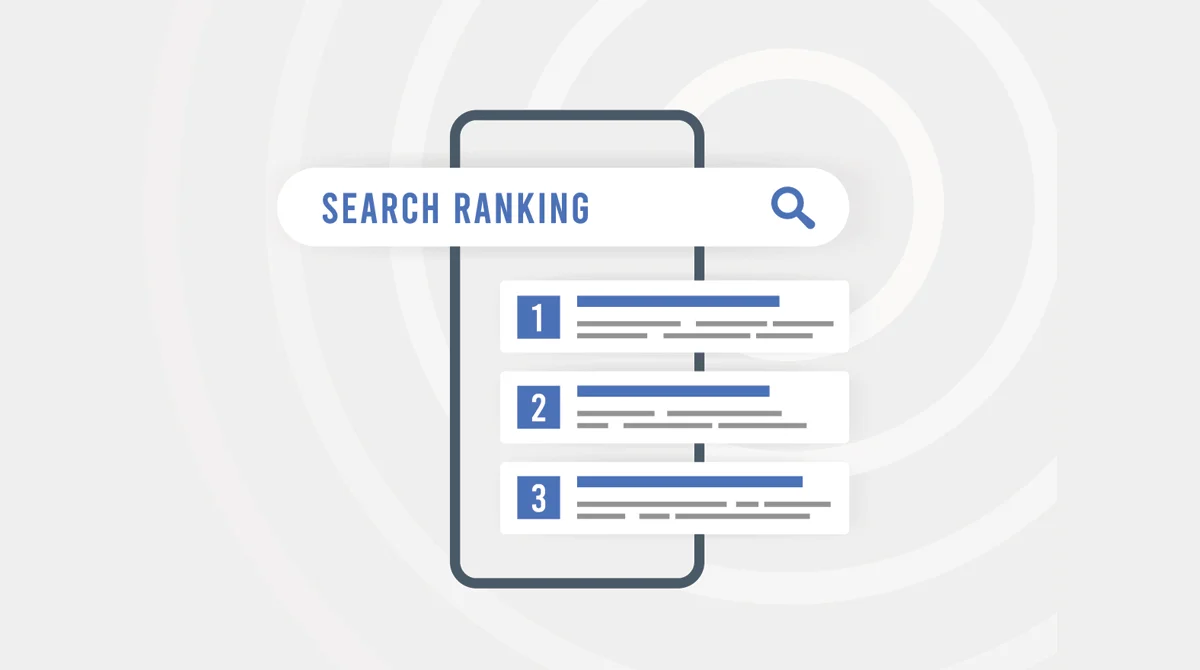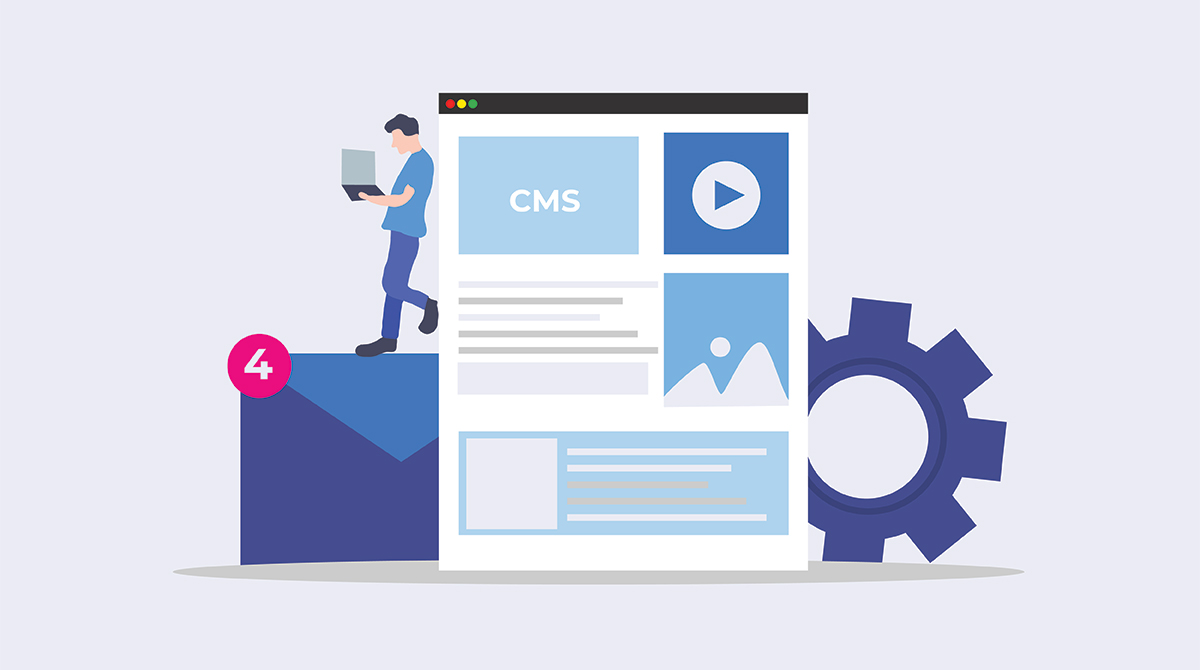Any website is only as good as the browsing experience that it offers to all visitors. Your website can feature the best User Interface (UI) with aesthetically pleasing and intuitive elements, but visitors will leave frustrated if it doesn’t offer a seamless User Experience (UX).
User Experience is all about how a user feels while interacting with your website. If your visitors encounter slow load times, frequent downtimes, or security issues, they will be quick to leave and switch to your competitors. While certain factors determine user experience, such as design, content, or navigation, today, we will focus on one key but overlooked element – hosting infrastructure.
Let’s delve deeper into the world of web hosting and see why it deserves your attention.
What is Web Hosting?
Web hosting is a service that allows you to make your website accessible online. Just as a physical store needs a location to display products, a website needs a hosting server to store its data and make it available to visitors. This is how it works – When someone types your domain name into their web browser, it will send a request to the hosting server. The server then retrieves the stored information and displays it on the visitor’s screen.
There are different types of web hosting, namely –
- Shared Hosting
- VPS Hosting (Virtual Private Server)
- Dedicated Hosting
- Cloud Hosting
- Managed Hosting
Your chosen hosting service type will determine your storage space, bandwidth, uptime, security and backup measures. So, it is important to choose wisely and secure the best web hosting service for your website.
4 Ways Web Hosting Impacts User Experience
There are different ways in which your chosen web hosting service can impact user experience and, therefore, your business’s reach and visibility. Here are the four key ways –
Loading Time
Do you know that 40% of web users leave a page that takes more than 3 seconds to load? In today’s day and age, where time is money, no one wants to spend even a second extra trying to find something on the web. Pages that load within 2 seconds have a bounce rate of 6%, but this number goes up to 38% if the load time is more than 5 seconds. So, even a second can make or break your business.
While design elements like image sizes, code structure, plugins, and mobile responsiveness significantly impact loading speed, your web hosting service also plays a critical role. Even the most optimised design can’t compensate for a slow, unreliable hosting server. Here’s how web hosting impacts your website load times –
- Server Response Time (Time to First Byte – TTFB): The time a server takes to respond to a browser’s request. Slow or overloaded servers can increase TTFB and, therefore, the load time.
- Bandwidth: Bandwidth refers to the amount of data that can be transferred from a server to the user’s browser. A server with limited bandwidth is unsuitable for handling a high-traffic or enterprise-level website.
- Server Hardware and Technology: Solid State Drives (SSDs) have replaced traditional Hard Disk Drives (HDDs) as they are more efficient. Opt for a server offering SSD storage and choose a plan with ample CPU power and RAM.
- Scalability: If your chosen hosting server cannot handle sudden traffic spikes, it can result in website crashes or slowdowns.
- Caching Mechanisms: Hosting providers with built-in caching mechanisms (storing frequently accessed data) improve load times by reducing retrieval delays.
When choosing a hosting provider for your website, make sure to consider these factors and your business requirements and avail of the most compatible server.
Website Uptime
Your website should be available 24/7. Your potential customers could visit your website at the break of dawn or late into the night. And if they encounter an error message or a blank screen because your website is down, that will create a negative impression of your website and your brand. As for e-commerce websites, every minute of downtime equals lost sales opportunities. So, you must choose a server that will ensure your website is always live.
Here’s how web hosting impacts website uptime –
- Server Infrastructure: A hosting provider with modern servers, systems and backup power supplies promises better uptime.
- Server Monitoring and Maintenance: Regular monitoring ensures quick troubleshooting of any potential issues that could cause downtime. Also, proactive maintenance could prevent any unexpected failures.
- Scalable Resources: If the server is not scalable, a sudden increase in traffic could lead to a website crash.
- Backup and Disaster Recovery:
Always go for a web hosting provider with a clear Uptime Guarantee (SLA – Service Level Agreement) for better reliability.
Security and Data Protection
With website breaches becoming increasingly common, choosing a web hosting provider that prioritises security and ensures data protection has never been more critical. One breach is enough to compromise everything you have built through years of hard work.
Several proven measures can enhance your website’s security quotient, and choosing a reliable web hosting provider is one such measure. Beyond protecting your website and resources, a secure hosting service will ensure your users feel safe while interacting with your platform. That’s how a secure hosting service correlates with a better user experience.
Here’s how hosting impacts your website’s security –
- SSL (Secure Socket Layer) Certificates for Encrypted Connections: SSL encrypts the connection between the user’s browser and your website and prevents data from being intercepted during the transfer.
- Firewalls and Malware Protection: Firewalls block malicious traffic and unauthorised access and remove viruses before they can cause any damage.
- Regular Security Updates: An outdated server can become privy to all kinds of malware attacks. So, choose a web hosting provider that prioritises all security-related updates.
- DDoS (Distributed Denial of Service) Protection and Monitoring: Distributed Denial of Service attacks flood a server with traffic to crash it, but servers with DDoS protection can detect and prevent such attacks.
- Data Backups: A good hosting provider will offer an automated backup feature for added peace of mind. So, the data is not completely lost even if there is a breach.
A secure website will help you establish a reliable presence and give your potential customers an added incentive to invest in your products or services.
Scalability
A scalable hosting infrastructure ensures your website can adapt to changes in traffic without compromising performance.
Here’s why scalability matters when it comes to user experience –
- A scalable hosting solution will be equipped to handle sudden traffic increases and will prevent website crashes and downtime.
- As your website, it demands more server resources. A scalable hosting service provider will be able to cater to your changing needs and ensure your website grows with your business without compromising website performance.
- As your business grows, website traffic will increase, and so will the user requests. Scalable hosting can manage these requests efficiently without slowing down response times.
- If you use non-scalable hosting, you must go for constant server migrations. It can disrupt your business operations and bring down the reliability of your business.
Whichever type of web hosting you choose, be it Cloud, VPS, Dedicated or Managed hosting, is scalable. You just need to connect with the right provider and are good to go.
Tips For Choosing the Best Hosting Provider
Now that you know how web hosting can impact user experience, you want to engage with the best hosting provider. So, the next question is how to choose the right hosting provider. Here are a few tips –
- Understand your needs and choose a hosting provider that best accommodates your requirements. For instance, Dedicated Hosting offers better speed and performance, while Cloud Hosting ensures scalability. So, choose accordingly.
- Look for at least 99.9% uptime to ensure reliability.
- Evaluate speed and performance and choose a server with high SSD storage, fast server response times, and CDN integration.
- Ensure the hosting provider offers 24/7 customer support.
- Review the pricing and ensure there are no hidden costs.
Consider these factors and engage with a hosting provider that can support you at each stage of your online journey.
Get in Touch With Us for High-Performance and Efficient Hosting Solutions
At Make My Website, we understand that a secure, reliable and efficient hosting infrastructure is key to delivering a satisfactory user experience. We offer various monthly and yearly plans for hosting on the Australian server. We offer both complete and partial hosting support based on your business requirements. With us as your hosting provider, access to advanced bandwidth, high storage, 24*7 monitoring support, backups, multi-code support, and unlimited data options.
Let us handle the technical aspects of your online presence while you focus on growing your business. Connect with us at Make My Website today, avail yourself of our web hosting services, and take a meaningful step towards establishing a credible online presence for your business. Get in touch with us with any questions and our team would be happy to guide you through and offer the necessary support.



















